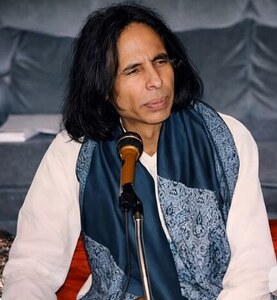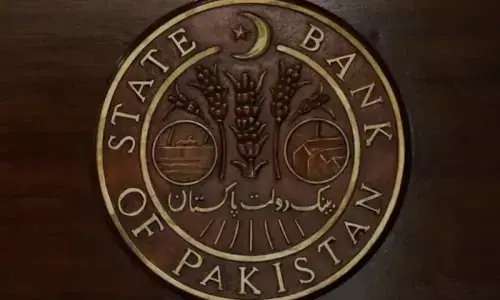Reviewed by Mamoon Chaudhry
Political activist and Trotskyist political theorist Lal Khan examines the student and political activism of the late 1960s and gives a gripping account of the events that unfolded in Pakistan in his book, Pakistan’s Other Story: The Revolution of 1968-1969.
Khan explains that the movement in Pakistan was a part of global revolutionary uprisings during that period. Among the advanced capitalist countries, France witnessed an impressive workers’ uprising. The working class movement against oppression and for better living conditions shook the ruling classes.
Briefly tracing the historical background of the subcontinent and the formation of Pakistan, Khan asserts that the liberation movement was subverted on religious and ethnic lines by Muslim and Hindu leaders who were promoted and indoctrinated by British imperialism. Khan also puts the blame on the leadership of the Communist Party of India, which he thinks failed to fulfill its responsibility of uniting and developing the leftist currents that inevitably emerged in the struggle for liberation. He writes, “if the CPI had been based on Marxist methods and perspectives, the whole course of history would have been different and the tragedy of Partition averted.”
From the very inception of Pakistan, the policies, including economic ones, were dictated and formulated by the state’s security concerns and the country was transformed into a security state at the expense of the welfare of the people, Khan argues. He says, “Pakistan’s first budget, announced on 28.02.1948, allocated a staggering 85 per cent of its total resources to defence, and this priority continued during the first ten years of independence, except in 1953-54.”
During the initial years after the formation of Pakistan, the bureaucracy controlled governance and finally the army seized power through a coup. British influence gradually receded and domestic and foreign policies were formulated in consonance with the American interests. The new regimes took no interest in transforming the basic class structure.
Ten years of brutal and repressive dictatorships, “doctored” democracy, persecution of political workers, widening disparity between rich and poor, alienation of smaller provinces, lack of avenues for young people to exercise freedom, and poor working conditions disillusioned the people. In contrast, Khan says the business community was allowed to plunder the scarce resources and exploit the public, which created an explosive situation, needing only a spark to ignite it. Twenty two families owned 66 per cent of the country’s industrial assets while the average income per capita was 35 pounds per annum.
Khan says that the 1968-69 movement was the greatest mass mobilisation in the history of Pakistan. The industrialisation of the 1950s and 1960s led to the creation of a fresh proletariat class which was responsible for the uprisings of a clearly socialist character. The movement was initiated through student demonstrations. Eventually attracting people from every profession, from doctors to railway workers and state engineers, it transformed into massive political struggle for social change. Unprecedented class solidarity was displayed and “the prejudices of religion, sex, ethnicity, race, nationality, clan or tribe evaporated in the red heat of revolutionary struggle.” Film makers and artists also played a significant role in inspiring people.
This time criticising the Communist Party of Pakistan, Khan says that it failed to give a clear programme to the public in accordance with its socialist character. The movement was taken over by the Zulfikar Ali Bhutto led Pakistan Peoples Party which adopted “a populist approach that was a mixture of revolutionary rhetoric and local bravado” and which strongly attracted the people. Khan argues that Bhutto’s intransigence in dealing with the question of the independence of East Pakistan showed his subservience to the interests of the army and bourgeoisie and led to the disastrous break up of Pakistan and the overthrow of his government. He notes with poignancy that the party which was founded as a result of the struggle for the empowerment of working classes and which had a socialist legacy has adopted policies that suit the needs of the ruling classes.
The main reasons identified by the author for economic crises in Pakistan are continuous subservience to imperialism by every regime and the survival of capitalism which demands assistance from imperialist institutions. “The nascent Pakistani bourgeoisie proved to be incapable of building up the necessary social and physical infrastructure and carrying out the task posed by history,” he writes. “It is this parasitic nature of plundering the state and society to maintain its rates of profit that created such a crisis that rocked the country right from its birth.”
Pakistan’s Other Story:The Revolution of 1968-69
(History)
By Lal Khan
Akbar Books
456pp. Rs395



































